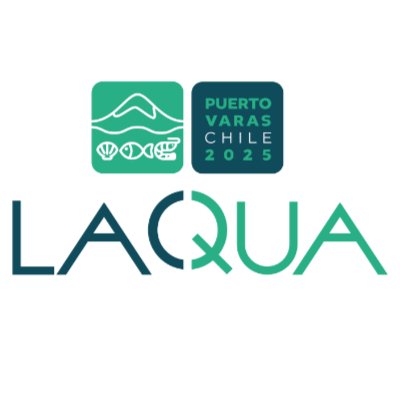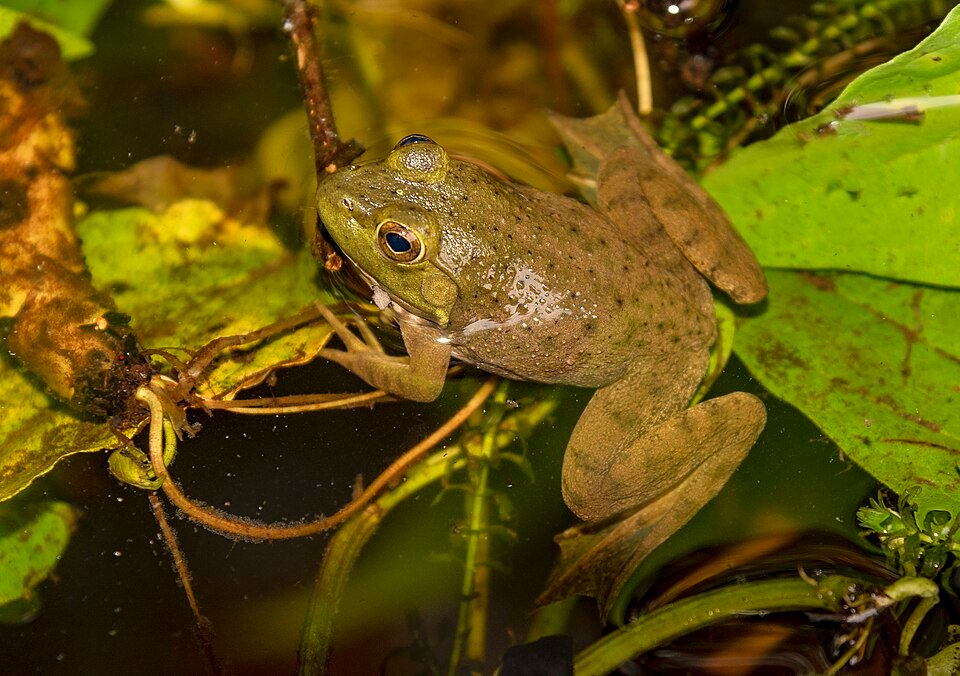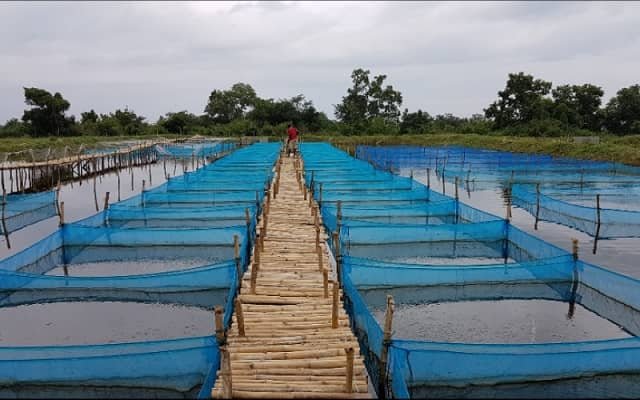
Experts, scientists, producers, and companies from Latin America and the Caribbean will gather at LACQUA25, where various countries will share their experiences with farming systems and jointly address the key challenges for the future of regional aquaculture.
For the first time, the World Aquaculture Society (WAS)—an international association whose purpose is to promote excellence in science, technology, education, and information exchange to contribute to the progressive and sustainable development of aquaculture worldwide—will hold one of its meetings in our country. This is a technical-commercial event of international scope that, on this occasion, seeks to strengthen the governance and sustainability of the sector in a context marked by climate change.
WAS Regional Conference in Puerto Varas
This important event is organized by the Latin American and Caribbean Chapter of the World Aquaculture Society (LACC-WAS), along with the Institute of Aquaculture and Environment of the Universidad Austral de Chile, Puerto Montt Campus, and the Technological Institute of Salmon (INTESAL). It will be held between October 7 and 9, 2025, at the convention center of the Hotel Enjoy in Puerto Varas.
Luis Andrés González Agraz, stated: “As president of the Chapter, I am pleased to cordially invite you to our upcoming regional conference in Puerto Varas, Chile, this October. It will be a unique opportunity to share knowledge, innovations, and experiences that drive the sustainable development of aquaculture in our region. I invite you to be an active part of this meeting, to strengthen our network, and to build the future of the sector together. We look forward to welcoming you with enthusiasm to this incomparable natural environment, full of aquaculture energy!”
Marcela Bravo, Projects Manager at SalmonChile, noted: “For Intesal, it is an honor to be the local co-organizers of LACQUA25, an event being held for the first time in Chile and in the heart of our national aquaculture, Puerto Varas. We are filled with pride to represent our country before the international community, showcasing the strength of Chilean science and innovation that have positioned Chile as a leader in aquaculture in the Americas and a global benchmark. This meeting is a unique opportunity to share advancements, strengthen networks, and continue promoting the sustainable development of aquaculture, not only in Chile but throughout the entire region. We are happy to contribute to the dialogue and knowledge exchange that builds the future of the industry and our communities.”
Sandra Marín Arribas, Academic at ACUIAM and member of the Organizing and Scientific Committee, indicated: “We expect active participation from academics, researchers, undergraduate and postgraduate students, and producers interested in updating their knowledge and learning about the advances in science, technology, and innovation in different types of aquaculture. As the host country, we have high expectations that we can make a significant contribution to topics that are cross-cutting in aquaculture, through keynote speeches, workshops, and oral and poster presentations.”
The LACQUA 2025 Program
The program includes 2 keynote speeches by renowned researchers, 6 technical workshops to delve into key aquaculture subjects, 18 thematic sessions of interest for Latin America and the Caribbean, a large trade show, poster sessions, and recreational activities such as tastings of typical dishes, visits to aquaculture facilities, and a guided tour of the Vicente Pérez Rosales National Park.
Registration is now open, along with the call for abstracts, which will run until July 31, 2025. All information is available on the official event website: https://www.was.org/Meeting/code/LACQUA25.
For specific inquiries about registration, sponsorships, or participation in the trade show, the designated contact in Chile is carolina@was.org .
Stay Always Informed
Join our communities to instantly receive the most important news, reports, and analysis from the aquaculture industry.
Editor at the digital magazine AquaHoy. He holds a degree in Aquaculture Biology from the National University of Santa (UNS) and a Master’s degree in Science and Innovation Management from the Polytechnic University of Valencia, with postgraduate diplomas in Business Innovation and Innovation Management. He possesses extensive experience in the aquaculture and fisheries sector, having led the Fisheries Innovation Unit of the National Program for Innovation in Fisheries and Aquaculture (PNIPA). He has served as a senior consultant in technology watch, an innovation project formulator and advisor, and a lecturer at UNS. He is a member of the Peruvian College of Biologists and was recognized by the World Aquaculture Society (WAS) in 2016 for his contribution to aquaculture.







